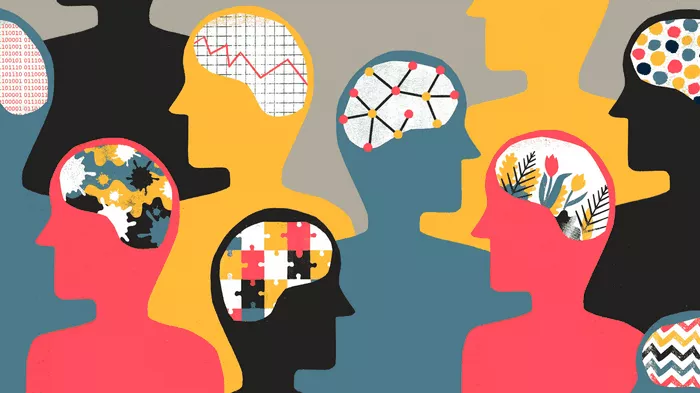HATTIESBURG, Miss. (WDAM) — The University of Southern Mississippi’s (USM) Center for Behavioral Health (CBH) has been awarded a significant four-year, $2.3 million grant from the Substance Abuse & Mental Health Services Administration (SAMHSA). The funding, made possible through collaboration with the Mississippi Department of Mental Health and Mississippi State University (MSU), will be used to expand and enhance mental health services for Mississippians.
The grant will allow the CBH to not only strengthen its existing programs, which already utilize psychology graduate students to provide affordable and accessible therapy, but also introduce new specialty services aimed at individuals at high risk of developing psychosis. This is particularly significant given the increasing number of youth and young adults in Mississippi who are at risk of this severe mental health condition.
Psychosis, characterized by a loss of contact with reality, including hallucinations or delusions, is a complex condition that can significantly impact an individual’s ability to function in daily life. Over 7,000 youth and young adults in Mississippi are believed to be at a clinical high risk of developing psychosis. However, the state has lacked specialized services to identify and address this high-risk state before psychosis fully develops.
“The expertise and leadership provided by USM for this award are invaluable. Without the dedication of Southern Miss faculty, this grant simply would not have been possible,” said Dr. Michael Nadorff, a professor in the Department of Psychology at MSU. “This is a tremendous opportunity for the state, and as a parent of a child who will soon be at the age where psychosis can develop, I am personally grateful that these resources are now available.”
Dr. Bonfils, another key figure in the initiative, emphasized that while preventing the onset of psychosis is ideal, individuals who have experienced psychosis or schizophrenia can still lead full, meaningful lives. The program will not only work to reduce the risk of psychosis but will also ensure that those who do develop the condition have access to services that support their recovery and well-being.
The expanded services will focus on early identification of individuals at high risk for psychosis, particularly targeting youth and young adults who could benefit from early intervention. By addressing the potential development of psychosis early on, the program aims to improve long-term mental health outcomes for a significant portion of the state’s population. The collaboration between USM, MSU, and the Mississippi Department of Mental Health will provide critical resources to help address this mental health gap and better serve those most vulnerable.


